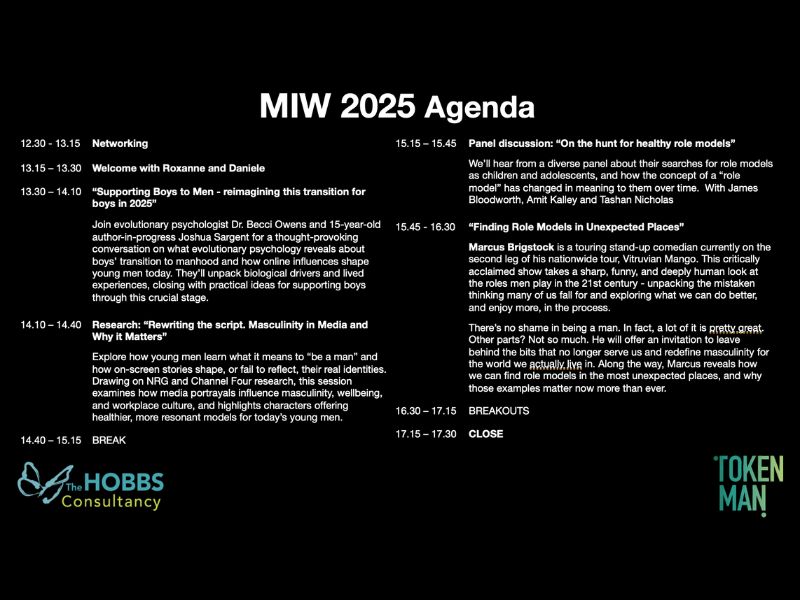Staying in one role can feel safe. The people are familiar, the systems make sense and the routine becomes second nature. That comfort can be hard to let go of.
Yet the hidden cost of staying too long in the same job is that it can quietly hold you back in ways you might not notice until much later.
Missed chances to grow
When you stay in one role for years on end you may stop learning new skills. Career growth often comes from fresh challenges and new environments. If you stay in the same place, the pace of your development can slow down without you realising it. That lack of growth can make it harder to move forward when you do finally want a change.
Your value in the market
Employers often look for people who have shown variety in their career. If your CV shows one long stretch in the same role it might raise questions. They may wonder if you are adaptable or willing to take on something new. It can give the impression that you are stuck, even if you are good at what you do.
The risk of boredom
No matter how much you like a job at the start, doing the same tasks year after year can start to wear thin. Boredom can creep in slowly. You may not notice it until your energy and motivation dip. Once that happens it can affect how well you perform and how much you enjoy your working life.
Pay and progression
Salary growth often slows down if you do not move around. Companies usually reserve their biggest pay rises for people who take on new roles or step up to more responsibility. By staying put, you may miss out on better pay and more rewarding opportunities elsewhere.
Your confidence
A surprising effect of staying too long is the way it can knock your confidence. If you are only used to one way of working or one set of systems, you may start to doubt how well you could cope somewhere else. That makes it harder to take the leap when you want to.
Finding the right balance
This does not mean you need to change jobs every year. Stability has its own benefits, such as building deep knowledge and strong relationships. The key is balance. You want enough time to prove yourself but not so much time that you stop moving forward.
Knowing when it is time
Signs it might be time to move include feeling unchallenged, seeing no clear path for progression, or noticing your motivation fading. If you feel stuck, it may be worth asking yourself if the comfort is worth the cost.
Takeaway
Work should give you growth and energy. Staying too long in one role can hold you back in ways that are easy to miss. Sometimes the best move for your career and your wellbeing is to step outside the comfort zone and take on something new.











